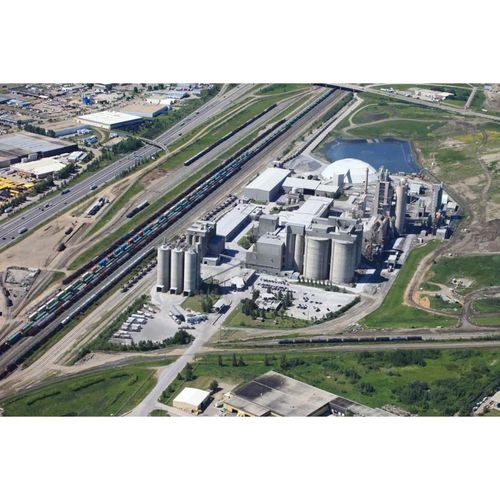Heidelberg Materials North America Announces Latest Milestone in Edmonton CCUS Project

Edmonton Cement Plant // PHOTO: Heidelberg Materials
April 16, 2024
BY Heidelberg Materials
Advertisement
Advertisement
Related Stories
North Dakota’s Department of Agriculture is inviting grant proposals from ethanol producers under its Low Carbon Fuels Program, aiming to fund capital projects that cut carbon intensity.
Deep Sky Completes North America’s First CO₂ Storage via Direct Air Capture with Quebec-Based Skyrenu
Deep Sky, in partnership with Quebec-based Skyrenu, has completed North America’s first permanent underground storage of CO₂ captured directly from the atmosphere, a full carbon removal loop achieved at Deep Sky Alpha in Innisfail, Alberta.
Clean Refineries’ GFO Partners with Eden Carbon Solutions to Transform CO2 Emissions into Sustainable Aviation Fuel
Clean Refineries has partnered exclusively with Eden Carbon Solutions to deploy integrated technology that captures CO₂ emissions and converts them into sustainable aviation fuel across North America.
A University of Houston team led by Professor Mim Rahimi has developed a membraneless electrochemical amine regeneration process that achieves over 90% CO₂ removal at roughly $70 per ton, significantly reducing both costs and energy use.
ION Clean Energy has unveiled ICE Blocks™, their new line of self-contained, modular carbon capture units tailored for smaller post-combustion emission sources like natural gas facilities and other hard-to-abate flue gas emitters. The units, designed in partnership with Modular Plant Solutions, are quickly deployable, scalable, and transportable via road, rail, or sea.





